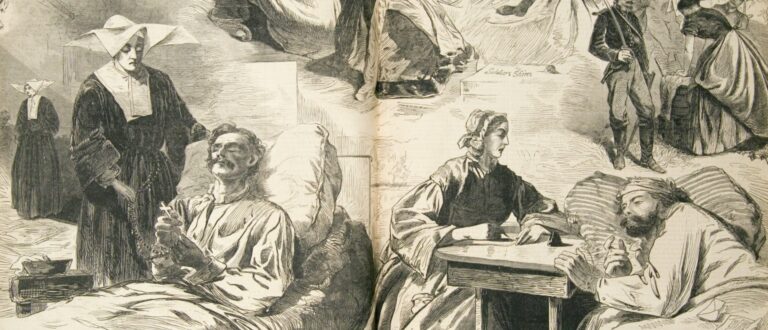
What literature was published and read during the Civil War? How did literature help make sense of the war and the profound changes it brought to the nation?
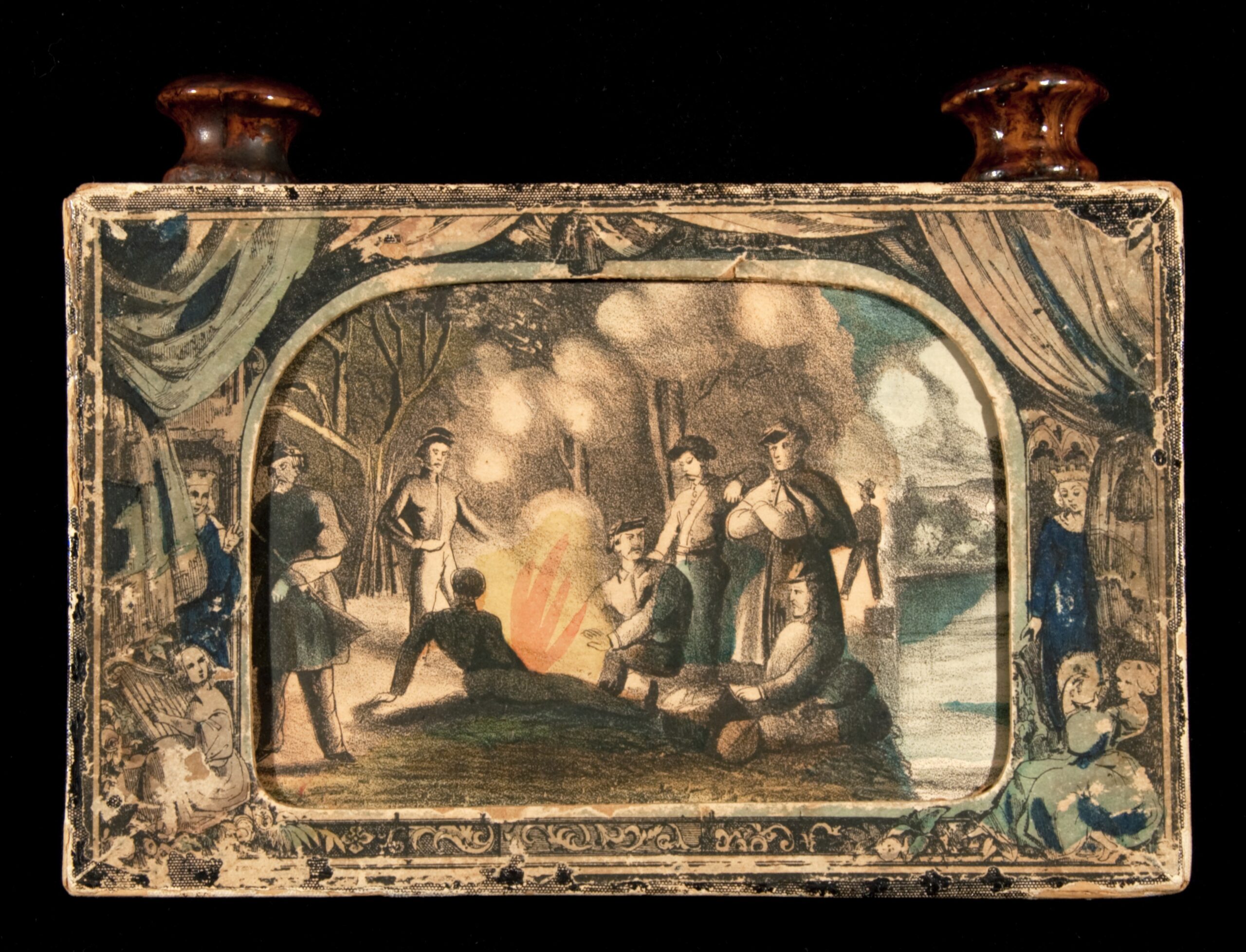
How did images shape the meaning of the war for people at home and the meaning of the home during wartime?
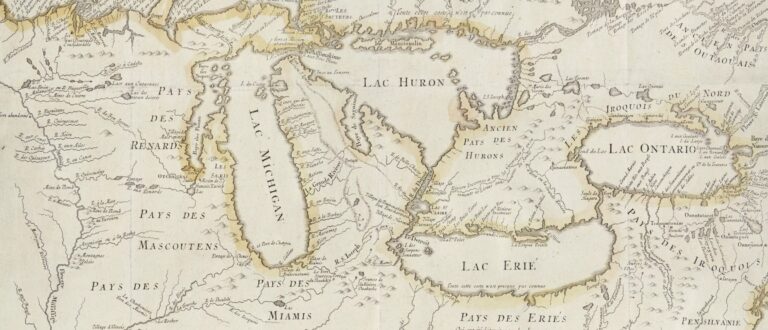
How do maps tell the early history of Chicago and the Midwest? How have maps been used by different empires and nations to secure control of the region?
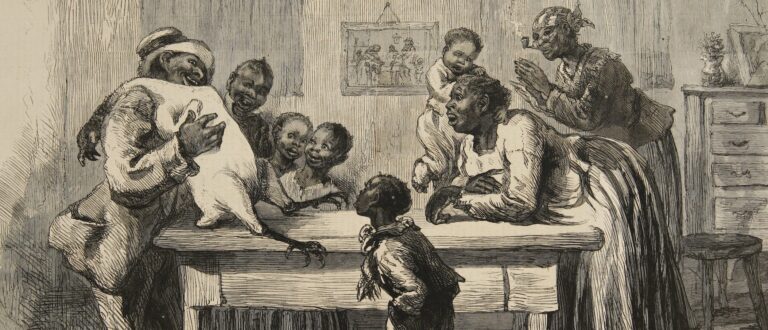
How did Twain’s Huckleberry Finn engage and challenge popular ideas about slavery and race in nineteenth-century America? Can a text be offensive and still be worth reading?
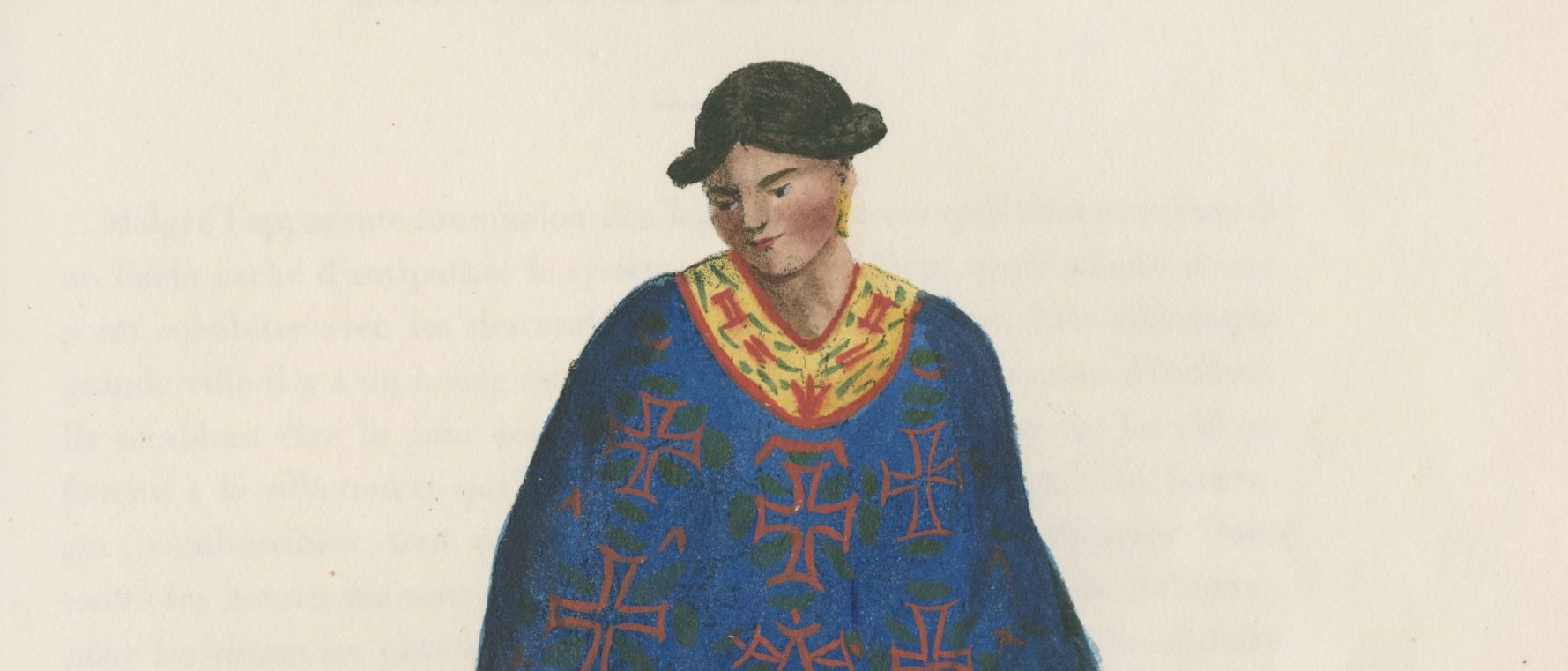
What were social conditions in Mexico before and after independence from Spain? How was the struggle for independence shaped by internal conflicts between people of different social castes?
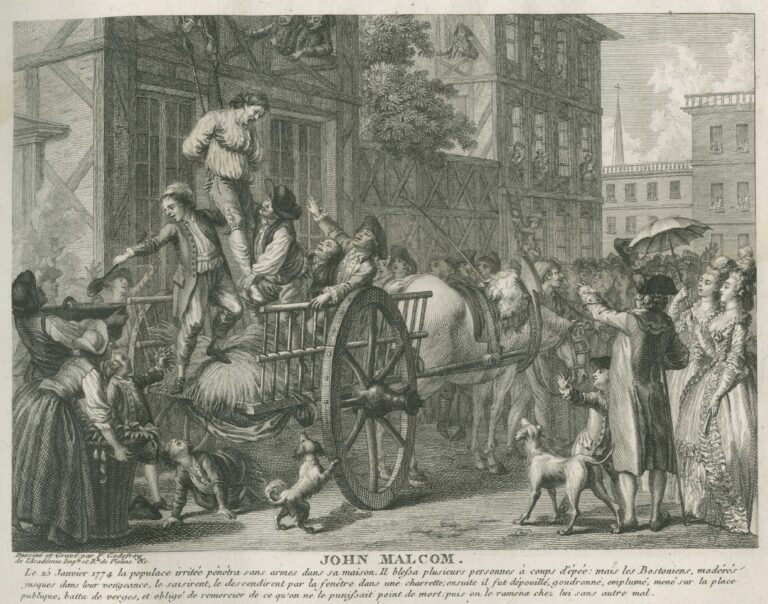
How did people interpret the events of the American Revolution in the eighteenth and nineteenth centuries? How did the meaning of the Revolution change over time? In what ways has the Revolution meant different things to different people at any given time?
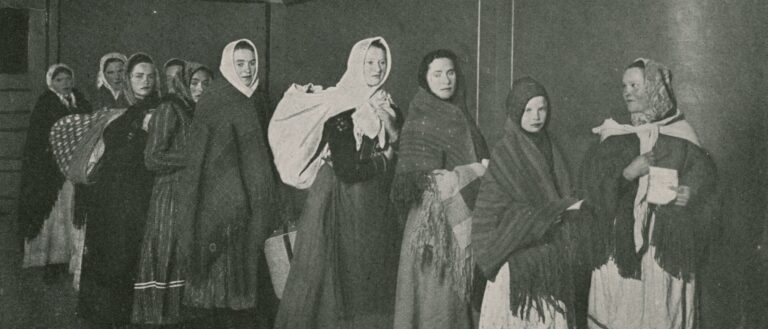
What role has immigration played in the formation of America’s national identity and ideals? How have Americans understood and debated the social effects of immigration? How have immigrants portrayed their experiences and contributed to these debates themselves?
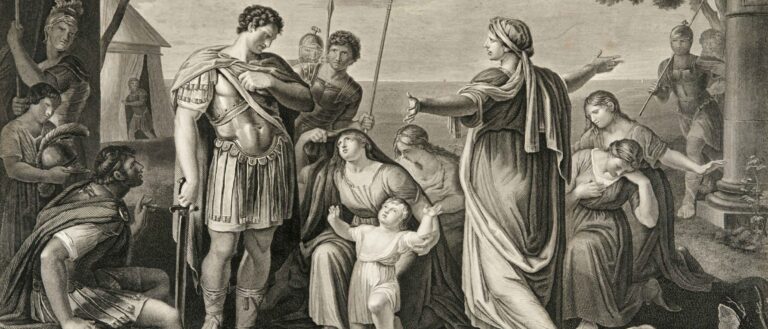
What is the context for Shakespeare’s Roman plays? What were his sources? Why did classical Rome capture the interest of people in Renaissance England?
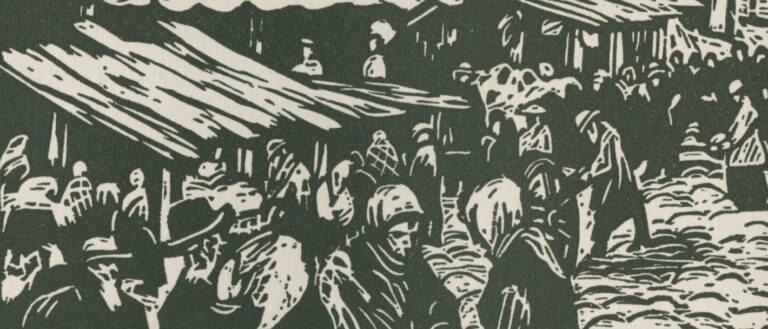
In 1870, three-quarters of the United States lived in rural areas; by 1920, over half the nation lived in cities. How, if at all, did religious communities change their inherited traditions in the midst of new surroundings?
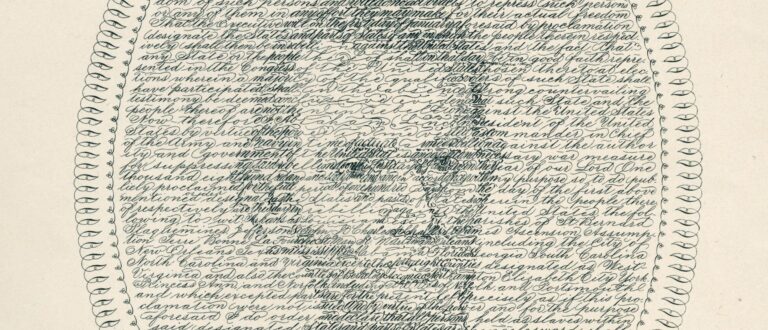
What were Lincoln's arguments against slavery? What distinctions did Lincoln and other white Northerners draw between ending the institution of slavery, saving the Union, and achieving racial equality? What feelings and concerns did writers and artists—both white and African American—express about the consequences of emancipation?
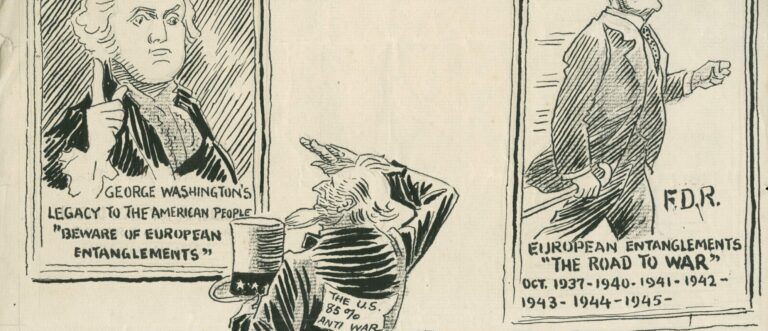
What reasons do writers and politicians give for protesting the authority of the federal government? Why do they perceive the State as a threat? How has anti-statist thought changed over time?
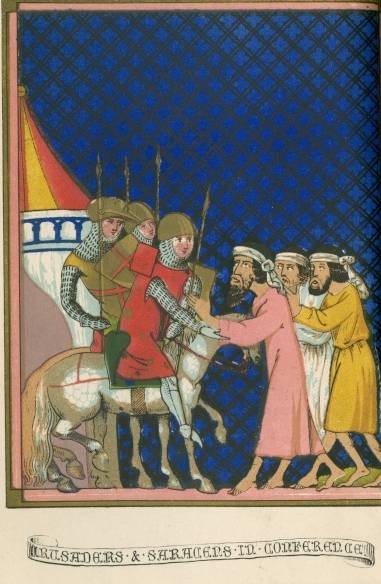
What were Western Christian religious beliefs, political relationships, and personal values during the Middle Ages? How did the motives, organization, and effects of the Crusades change over time? How have writers from the eleventh century on criticized the Crusaders’ goals and actions?











